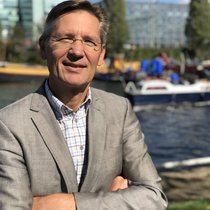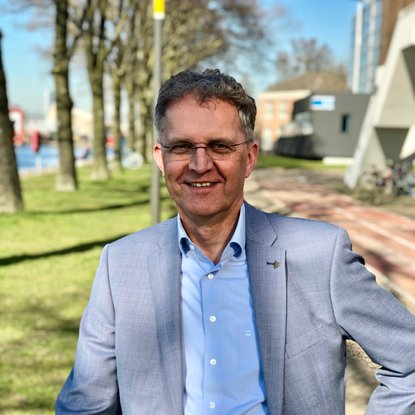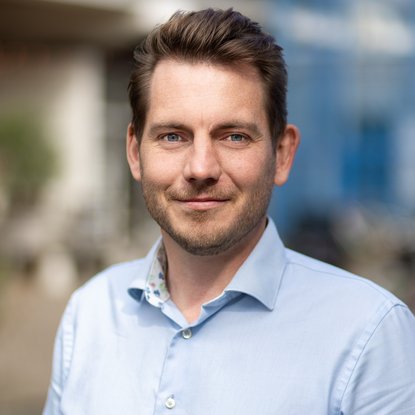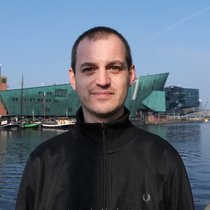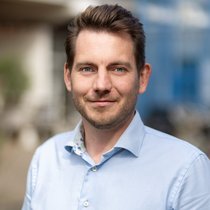The food we consume in today’s globalized society is produced all over the world and often transported over long distances. Such an economically efficient food production and distribution system offers a broad variety of food products all year round. However, the complexity of the current system, which uncouples production and consumption of food, has raised concerns about its impact on society and on the environment.
In Amsterdam, this has led to a current food system where citizens live in an obesogenic society and unhealthy food supply and consumption dominate. In general, Amsterdam citizens eat too much salt, sugar, and saturated fats en not enough fibers. The food contains too many pesticides and too much is thrown away. Healthy food is more expensive, less available & accessible, and less promoted than unhealthy food. This makes it more difficult to led citizens on the lower social economic position eat and live healthier. Moreover, the present food system causes degradation of soil, air, water, and biodiversity.
In reaction, international and national treaties have been signed and targets have been set to change the current food system. It has been agreed upon that governments at all administrative levels are responsible to contribute to the aimed change. As a result, the city of Amsterdam has taken concrete steps to contribute to a more sustainable, healthier, and local food systems. These steps have been summarized in a food strategy that consists of 6 action lines: 1. food as a social connection, 2. Waste and food spoilage, 3. Healthy food environment, 4. Regional production and distribution, 5. Entrepreneurship, and 6. Animal welfare, protein transition & circular agriculture.
Vertical farming
AMS Institute's contribution
As being founded by the city of Amsterdam, the AMS Institute supports this food strategy by bringing in the relevant scientific knowledge that is presently available to help the city in their ambition. We focus only on those aspects of the food system where our influence is maximal: the citizens of the Amsterdam Metropolitan Area. Our aim is to increase the supply of healthy food in the city that is inclusively produced (i.e., where conditions of the local urban society, urban ecology, and urban economics are taken into account).
We therefore initiate innovation activities in both high-tech and low-tech food production to make healthy food accessible for citizens situated in the low economic position and to make citizens aware of the ecological aspects of food, such as animal welfare, biodiversity, and circularity. In our communication, we want to identify and share the typical Amsterdam food stories that are the basics of the local food culture of Amsterdam. These findings are used to increase food connection and awareness for all citizens, but also to inform about our activities and why we do so.
More about our research on this topic
Projects that focus on urban ecology deal with either circularity or climate resilience. We challenge circular urban food by stimulating new technology development and implementation that aim for maximal circularity. For Climate resilience, we participate in a project to become water resilient for drought and salt intrusion and design new infrastructure for alternative urban water sources that allow resilience in future greenery and urban agriculture. In addition, we have just initiated an innovation program called: ‘Biodiversity positive cities’, where consumers are informed about the impact of food choice and local biodiversity.
The urban society projects focus on informing, involving, or consulting local citizens about aspects of the food systems. For informing urban dwellers we construct and build monitoring systems to inform citizens about an actual status in their environment. Projects where we involve local citizens focus on exotic foods that are locally difficult to access, or initiatives where we want to help people located in the low socioeconomic position.
The urban economics projects deal with projects that stimulate upscaling of urban food production to allow locally produced food for the general urban. We also stimulate, supervise and connect young entrepreneurs to upscale their ideas into real businesses opportunities.
“It is a nice challenge to connect urban issues and stakeholders to scientific expertise and researchers so that society will truly benefit from joint research projects”
Henk Wolfert
Program Developer
Wider Impact
The urban food system is heavily intertwined with the global food system, and we therefore seek national and international cooperation. On national level, we cooperate with the national science foundation (NWO) on high-tech food production (Sky-high) and resilient water use for food & greenery (AquaConnect). We work on provincial level (EFRO kansen voor west) with industrial partners on urban food production (GrowX 2.0) and regional food production (Food strategy of the province of North-Holland). On European level, we have joined several initiatives from the Horizon Europe program on circularity (Circle 2.0, Rootlet, Data4food2030), stimulating young people for healthy diets (Treasure Diet) and networking on local food production (Smart Chain). On global level, we seek cooperation with the United States and Singapore (CustUNize) for high-tech urban food production.
Project members
View
everything
projects
news
events
everything
on this theme
projects
news
events
everything
